

NIRSAL sensitizes farmers on business school, Agro Geo-Cooperative
Recent Posts

Related Articles
Two years after relocating to UK, abusive Nigerian beats wife to death with son’s skateboard
An abusive husband has beaten his wife fatally using their son’s skateboard...
NNPC Ltd signs agreement with African Refinery to build 100,000-bpd facility at Port Harcourt Refinery
In a bid to further boost local refining capacity, the Nigerian National...
Gov. Abiodun Appoints Tunde Onakoya, National Master of Chess, Ogun Sports Ambassador
Tunde Onakoya, the National Master of Chess and the current Guinness World...
World Malaria Day: Why the War against Malaria matters
By Paul Ejime It is another World Malaria Day (WMD) today, one...
Cause of Tightness in Fuel Supply Resolved – NNPC Ltd.
The Nigerian National Petroleum Company Limited (NNPC Ltd) said on Thursday that...
Sen. Ayogu Eze, one-time Senate spokesman, exits at 65
Senator Ayogu Eze, a former spokesman of the Senate in the 6th...
Nigeria, 15 other countries receive $36.5m funding to combat Trachoma
With Africa ranked as the most affected continent by trachoma, Nigeria and...
Paris 2024: Nigeria Olympians Association Commends Sports Minister, Solicits Synergy
The Executive Board of the Nigerian Olympians Association has lauded the Minister...
Another aviation disaster averted in Lagos – passenger and ex-DG, federal agency
A former director-general of the Bureau of Public Service Reforms (BPSR), Dr....
Another Commissioner quits in Rivers State
The River State Commissioner of Finance, Mr. Isaac Kamalu, has resigned as...
Ex-Gov. Bello’s impudence: Redeploy Kogi CP, State Forum of Concerned Citizens urges IGP
Following the outrage over the resistance to arrest by ex-Gov. Yahaya Bello...
Pres. Tinubu Approves Consumer Credit Scheme Takeoff
President Bola Tinubu has approved the takeoff of the first phase of...
Renewed Wike/Fubara feud: Rivers Attorney-General Adangor resigns again
For the second time in a few months, an ally of FCT...
Dana Air incident: FAAN reopens MMIA runway
Aftermath of Dana airlines overshooting the runway during its landing sequence at...
EFCC to ex-Gov. Bello: We will set aside arrest warrant if you show up in court
“I will personally apply that the arrest warrant be set aside if...
Just in: Again, Dangote further crashes diesel, aviation fuel to N940, N980
Dangote Petroleum Refinery has announced another reduction in diesel and aviation fuel...
Just in: Reps ex-Deputy Speaker Ihedioha quits PDP
The main opposition party, the People’s Democratic Party (PDP), has lost another...
CBN sells fresh dollars to BDCs at N1,021/$ as naira loses steam
The Central Bank of Nigeria (CBN) has issued another circular to Bureau...
Update: Dana Airlines’ Lagos airport incident: Aircraft grounded
The management of Dana Air has confirmed reports that one of its...










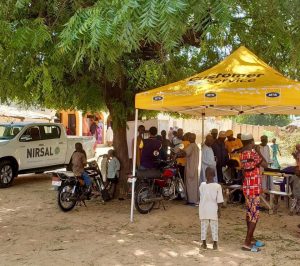








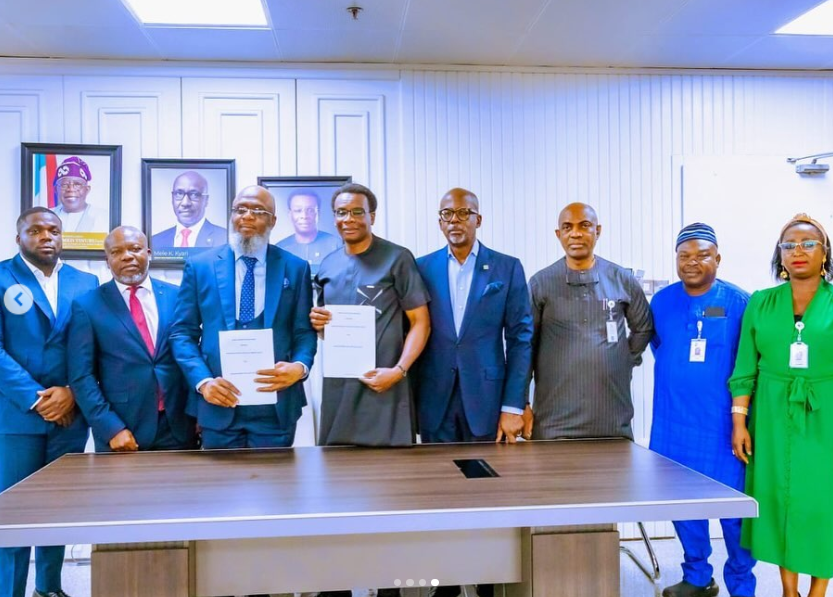
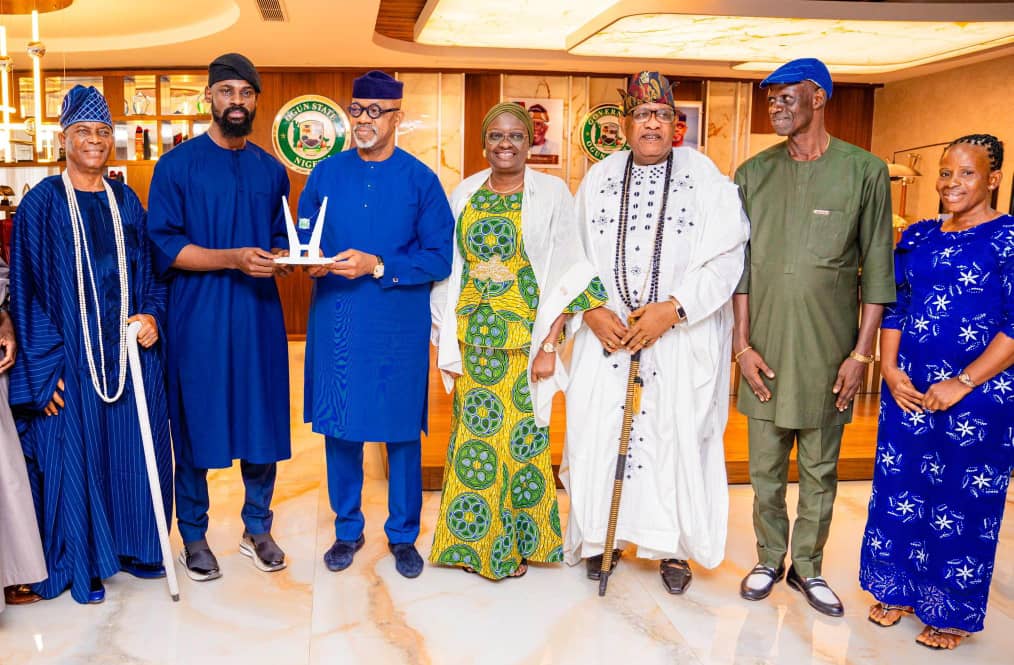
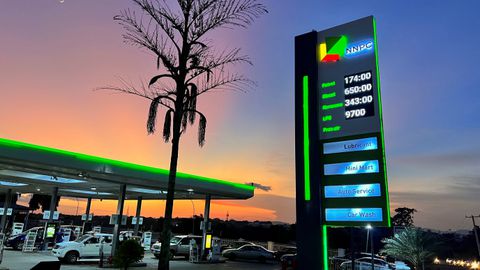










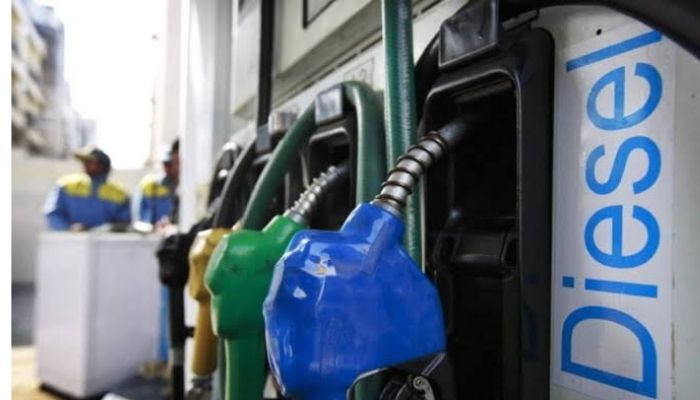



Leave a comment